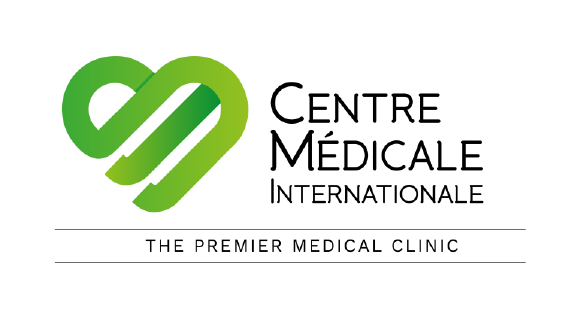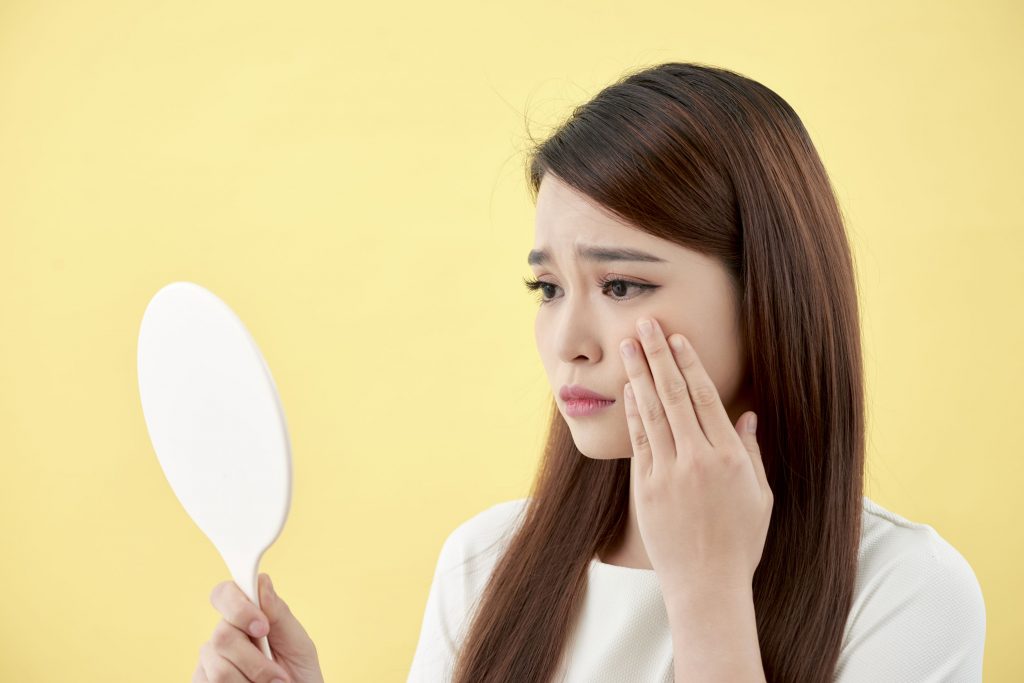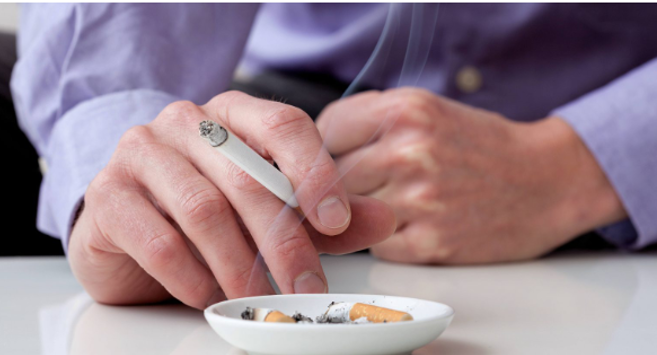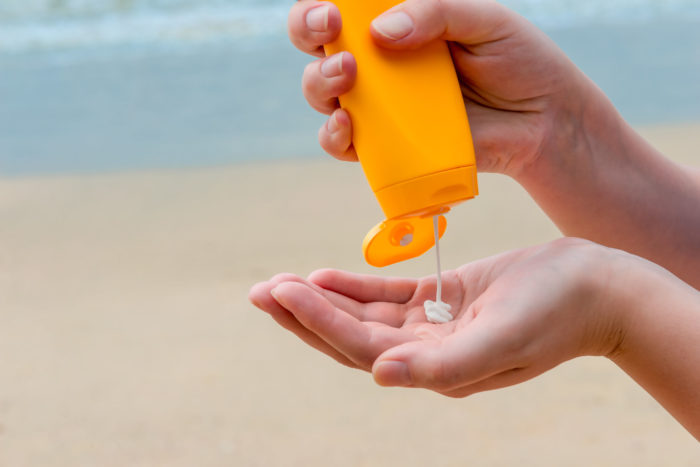Everything You Need to Know About Acne
Everything You Need to Know About Acne
By Dr. Contessa Hamada-Ostrea
What is acne?
Acne is a skin condition characterized by having any of the following: whiteheads (closed comedones), blackheads (open comedones) and pimples (papules, pustules, nodules and cysts). This can appear on the face, neck, chest, shoulders and back.
What causes acne?
The four main causes of acne are excess oil production by the sebaceous glands, plugging of the pilosebaceous unit (PSU) by oil and sticky dead skin cells, proliferation of a skin bacterium called Cutibacterium acnes and inflammation of the PSU.
Genetics plays a role in acne. Acne tends to run in families and specific gene variations that predispose people to getting acne may be hereditary.
What triggers or worsens acne?
Acne may be triggered or worsened by:
- Hormonal changes during puberty, the menstrual cycle, pregnancy and medical conditions such as Polycystic Ovary Syndrome
- Diet, specifically food with a high glycemic index (that causes large increases in blood sugar levels) and cow’s milk
- Stress, whether physical (lack of sleep) or psychological
- Friction or pressure on the skin (caps, helmets, backpacks)
- Smoking
- High environmental humidity
How is acne treated?
There are topical and oral medications which the dermatologist may combine in a regimen tailored to each patient. Acne medications work by doing one or more of the following: reduce oil production, exfoliate dead skin cells, control or kill Cutibacterium acnes or reduce inflammation. Best results are often seen after 8 weeks or more, and some patients may have to be on at least one medication for several years to clear up/control acne.
Over- the- counter or non-prescription acne medications include topical preparations that contain retinol and low percentages of benzoyl peroxide, beta-hydroxyacid or BHA (salicylic acid), and alpha-hydroxyacid or AHA (such as glycolic acid, mandelic acid and lactic acid).
Prescription medications include those that contain tretinoin, isotretinoin, adapalene, azelaic acid, high percentages of benzoyl peroxide, AHA or BHA, antibiotics, combined oral contraceptives and other anti-androgen drugs.
Acne therapies are often performed by the dermatologist as an adjunct to acne treatment. These include acne cleaning (also called extraction or acne surgery), chemical peels, microdermabrasion, intra-lesional steroid injections, lasers and light therapy.
How are acne marks and scars prevented?
Acne marks are pink, red or brown marks left behind once acne clears up. These are temporary and fade over time. To prevent them, patients are advised to treat acne early, not to pick or squeeze their acne, limit sun exposure or use a sunscreen to prevent darkening of the marks.
Acne scars are often the consequence of acne cysts and nodules. These scars do not disappear on their own; acne scar treatments are needed to improve their appearance. To prevent them, a person with acne is advised to consult a dermatologist once he/she has acne cysts and nodules (big, red, painful acne lesions) and/or has a relative who had acne cysts and nodules. Prescription medications and acne therapies are most likely needed. Early and effective treatment may prevent acne scars. The patient is also advised not to pick, squeeze or pop the acne cysts and nodules.
Taking good care of your skin is as important as taking good care of our overall health.
Schedule an appointment with one of our board-certified dermatologists. Contact CMI at 02. 8812. 1CMI | 02. 8816 .1035 – 36 or email us at experience@cminternationale.com
REFERENCES:
www.uptodate.com
www.aad.org
www.mayoclinic.org
www.nhs.uk
www.dermnetnz.org





